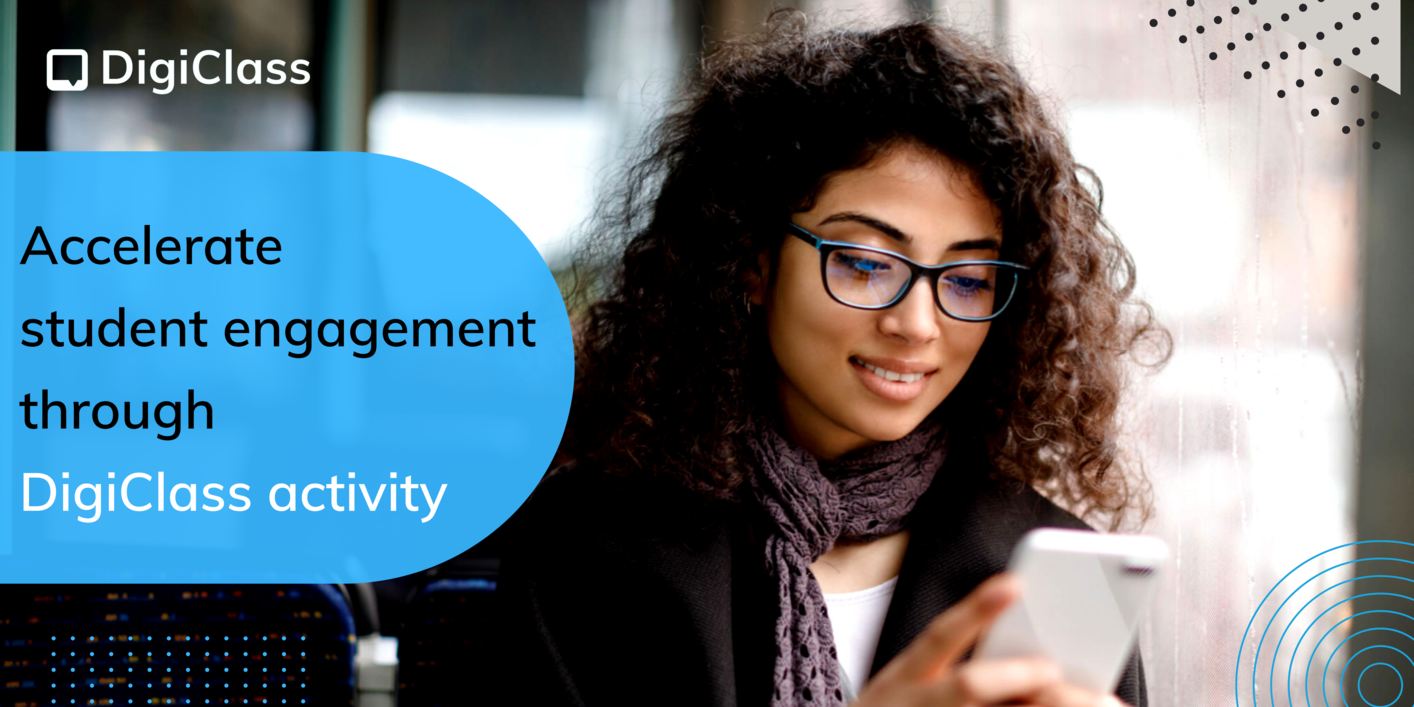The aim of education should be to convert the mind into a living fountain, and not a reservoir. That which is filled by merely pumping in, will be emptied by pumping out.- John M Mason
Learning is a lifelong process of coordinating and comprehending new and learnt concepts alike. For example, when we learn the essentials for plant growth, we understand the importance of light and water for photosynthesis. This piece of information becomes complete when we place our plant pot under sufficient light in proper soil and pour adequate water to it. Thus, learning requires the continuous need to engage and advance the knowledge as we absorb new concepts and ideas.
A balanced relationship among teachers and students caters to the outcomes of teaching and learning. Imagine sitting in a classroom where there is no interaction and knowledge is imparted only through textual material? This will bring student disengagement, they feel bored or sleepy during class.
Learning through discussions and activities has proved to be an important element in identifying student interests and performance. Peer discussion and class discussions are improved modes of bringing students to put forth their concerns and perspectives regarding a particular topic. For instance, after watching a movie, we discuss its plot and characters with our friends and family. This clears various themes and ideas in the movie and gives us an idea on how others viewed the film. The same concept can be applied for student interaction and comprehension through class activities.
According to study among average retention rates, 50% attention can be drawn from group discussions, 75% from practice and 90% from teaching others. Participatory methods of teaching have been proven to improve student understanding and allow them to connect the points in learning and strengthen the concepts in due process. Basic lectures can be supported through audio-visual elements, demonstrations and class activities.
Online platforms are the new advancements in learning, where smartphones and laptops are becoming interactive screens for class activities. So how can we utilize the destructive effects of mobile screens into useful engagement tools? DigiClass is an innovative digital space for institutions to teach and interact with students, and manage curriculums in an impressive way.
Teachers can get post class feedback and discussion forums would in turn increase the receptance of the session and clarify doubts among students. Using DigiClass, faculties can focus on delivering daily course outcomes within the allotted session time without interference and classroom management lags.
Engaging students and grabbing their attention towards the session is a difficult task for teachers. With DigiClass, the institutions can improve the methods of subject delivery and explore new techniques and activities to help the students understand the latest concepts. Teachers can post assignments, conduct formative assessments, and hold discussions after each session to get immediate feedback, survey of the class, and measure the effectiveness of the lecture.
DigiClass provides a reliable and collaborative atmosphere for students and teachers to convert distracting digital platforms to interactive and efficient learning environments. DigiClass aims at incorporating onsite and online tools into academic curriculum to develop the sessions for each course or program and enhance the quality of the delivery in the teaching process.
Online Assessment ToolsOnline Assessment SoftwareOnline Assessment System outcome-based educationonline toolsacademic curriculumonlineassessmentsoftwareasssessmentplatformdigiassessexam softwaredigital assessment systemstudent engagement




